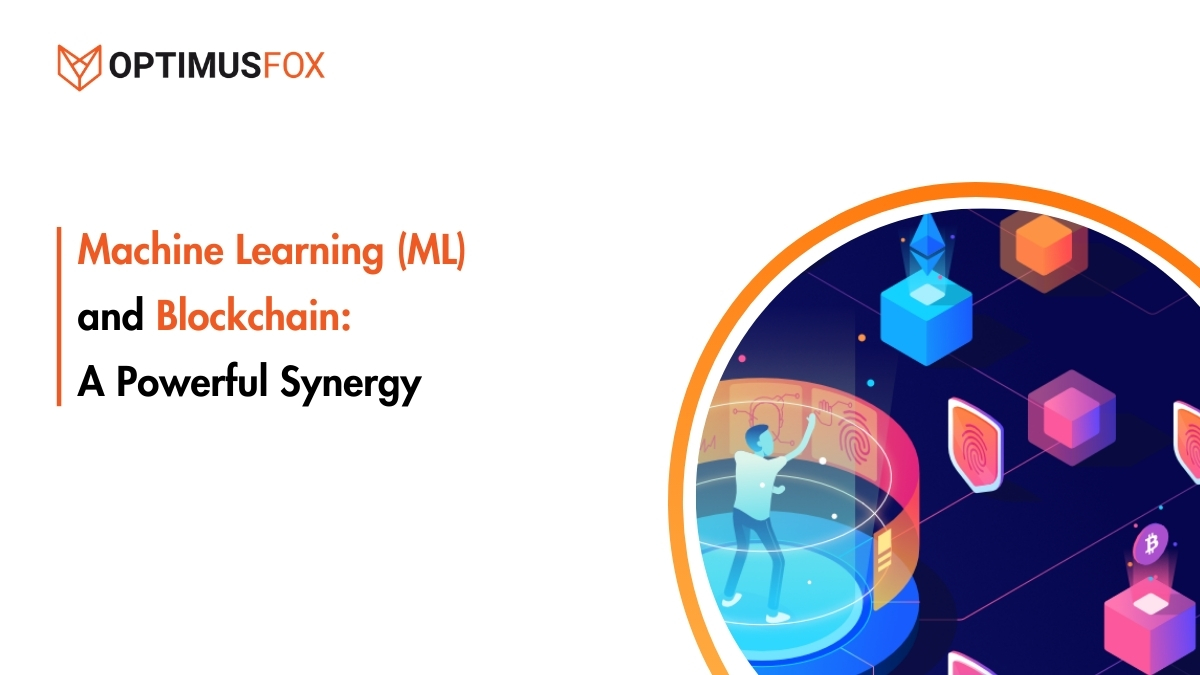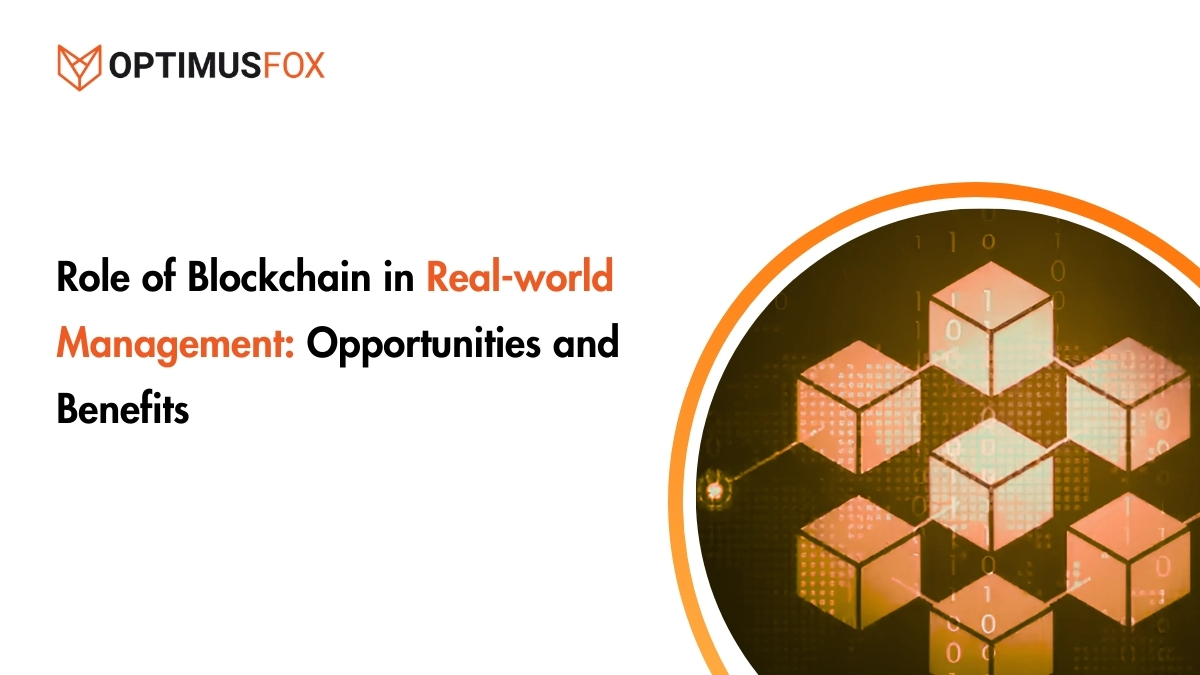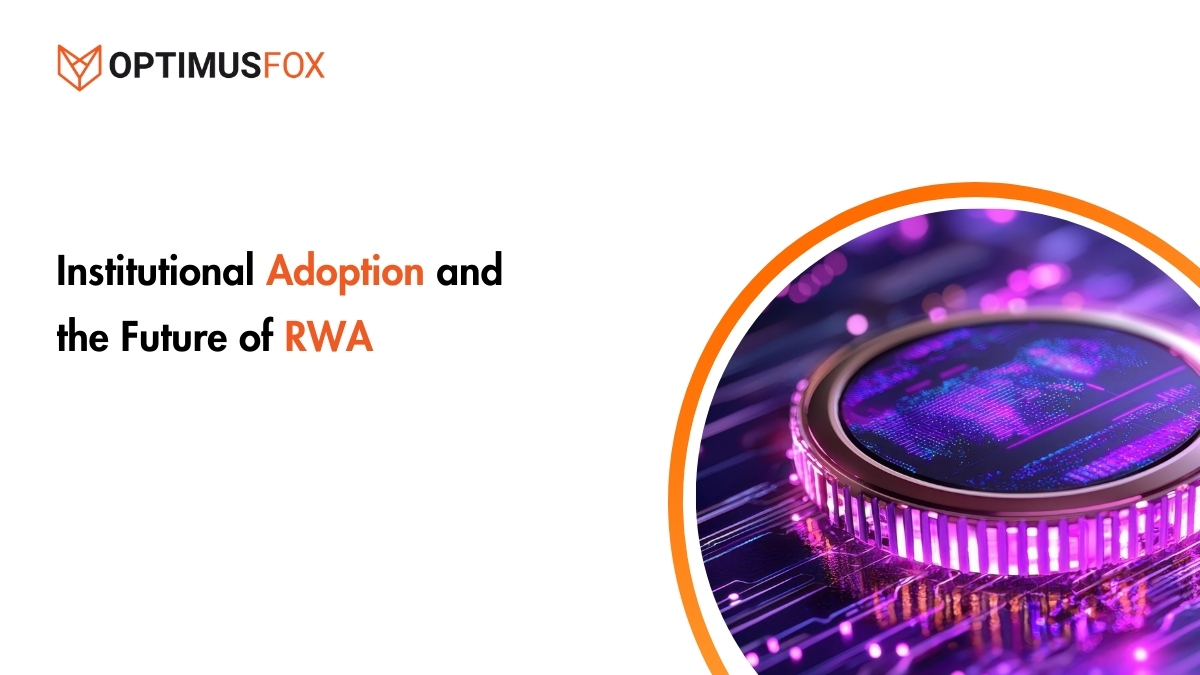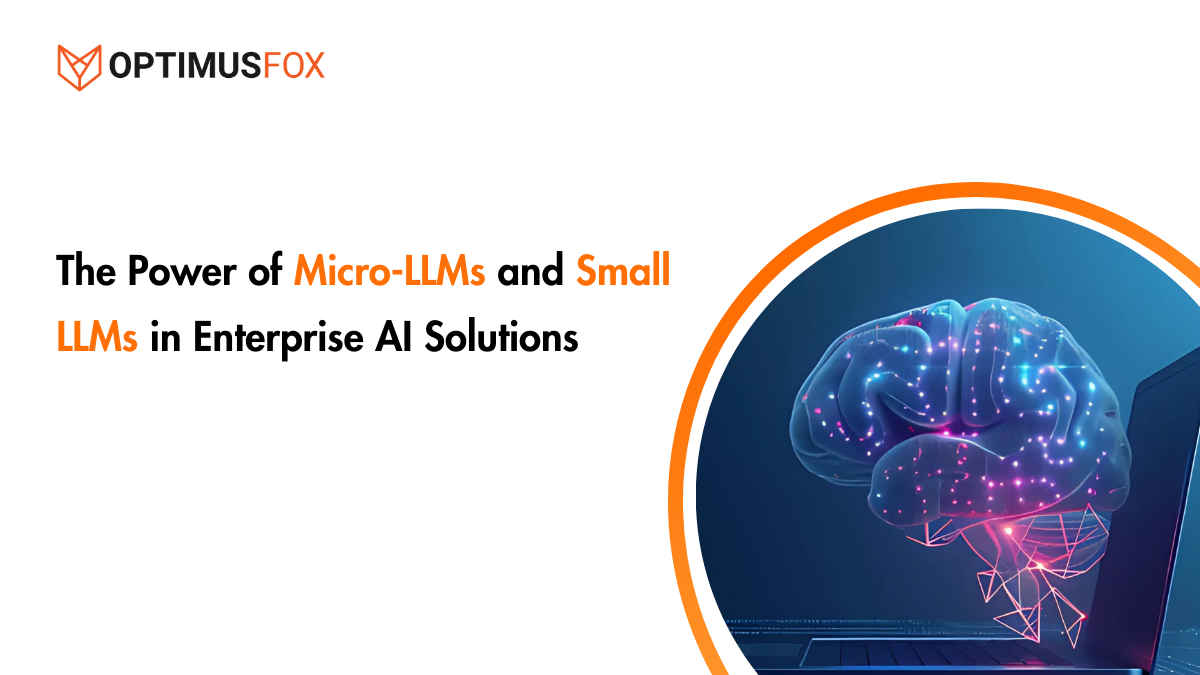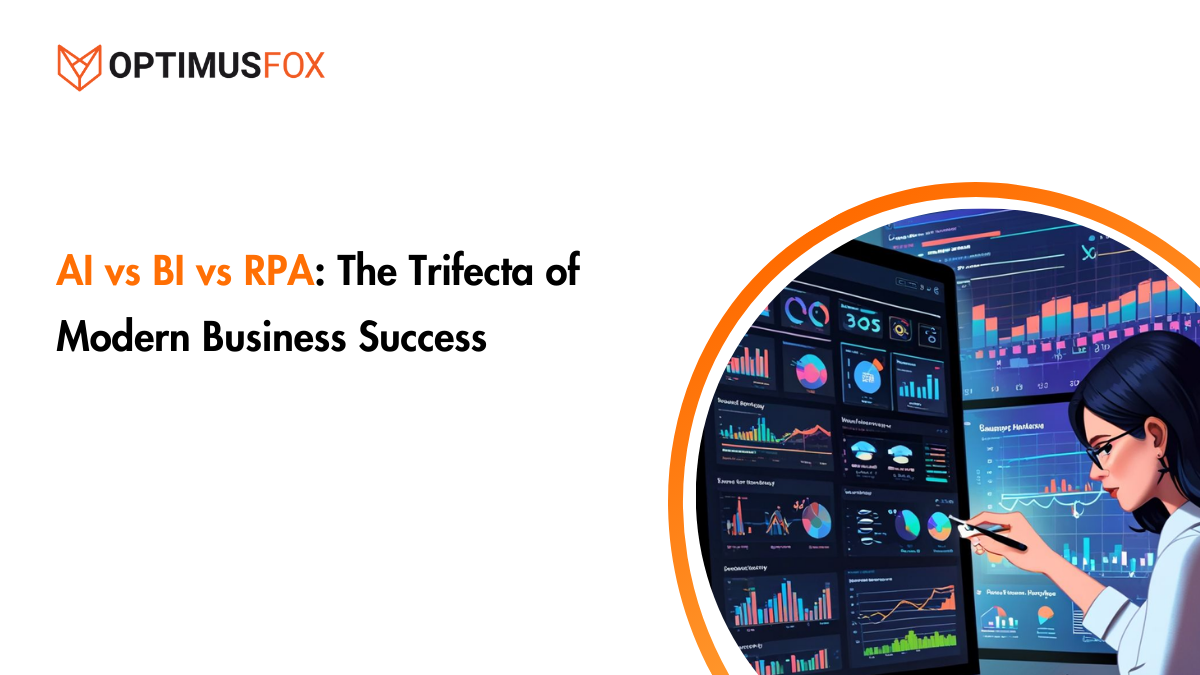Artificial Intelligence (AI) has emerged as a game-changer in various industries, and healthcare is no exception. With its ability to analyze vast amounts of data and make accurate predictions, AI is revolutionizing medical diagnosis. This article explores the profound impact of AI in healthcare and its transformative potential in medical diagnosis.
Understanding Medical Diagnosis and Its Challenges:
Medical diagnosis is a critical process that involves identifying diseases and conditions based on symptoms, medical tests, and patient history. However, traditional diagnostic methods have limitations, including the potential for human error, variability in interpretation, and the time-consuming nature of manual analysis.
The Role of AI in Medical Diagnosis:
AI brings a wealth of benefits to the field of healthcare by augmenting the capabilities of healthcare professionals and improving diagnostic accuracy. By analyzing extensive patient data, including medical records, lab results, and imaging scans, AI algorithms can identify patterns, predict outcomes, and support healthcare providers in making well-informed decisions.
Machine Learning and Diagnostic Accuracy:
Machine learning algorithms lie at the heart of AI in healthcare. These algorithms can analyze vast datasets, learn from patterns, and make predictions with a high degree of accuracy. By continuously learning and improving, AI systems become better at identifying diseases, distinguishing between similar conditions, and suggesting personalized treatment plans.
AI-Driven Imaging and Radiology:
Medical imaging plays a crucial role in diagnosis. AI algorithms excel in image interpretation, enabling healthcare providers to detect abnormalities, identify early-stage diseases, and guide treatment decisions. By automating image analysis and providing quantitative insights, AI enhances the efficiency and accuracy of radiology departments.
Learn More: Metaverse in Healthcare
Clinical Decision Support Systems (CDSS):
AI-powered Clinical Decision Support Systems (CDSS) provide healthcare professionals with real-time, evidence-based recommendations. By integrating patient data, medical literature, and best practices, CDSS can assist doctors in diagnosing complex conditions, selecting appropriate treatment options, and avoiding medical errors.
Natural Language Processing (NLP) for Medical Data Analysis:
The field of Natural Language Processing (NLP) enables AI systems to understand and extract insights from vast amounts of unstructured medical text. This capability enhances information retrieval, medical transcription, and clinical documentation. NLP-powered AI tools can analyze medical literature, patient notes, and research papers, enabling healthcare providers to access up-to-date information efficiently.
Ethical Considerations and Challenges in AI Diagnosis:
The adoption of AI in healthcare raises ethical concerns, such as data privacy, bias in algorithms, and the need for transparency and explainability. Proper regulation and guidelines are crucial to address these challenges and ensure that AI is used responsibly and ethically.
The Future of AI in Medical Diagnosis:
The future holds immense potential for AI in medical diagnosis. Advancements in AI technology, increased collaboration between researchers and healthcare professionals, and improved patient trust will shape the future of AI in healthcare. With continued development, AI will further enhance diagnostic accuracy, enable early disease detection, and support personalized treatment plans.
Conclusion:
AI’s integration into healthcare and medical diagnosis is transforming the way diseases are detected, diagnosed, and treated. By leveraging the power of machine learning, advanced imaging analysis, and natural language processing, AI systems are revolutionizing healthcare outcomes. As the field progresses, addressing ethical considerations, ensuring regulatory frameworks, and fostering collaboration will be pivotal in harnessing the full potential of AI to improve patient care and revolutionize healthcare as we know it.

